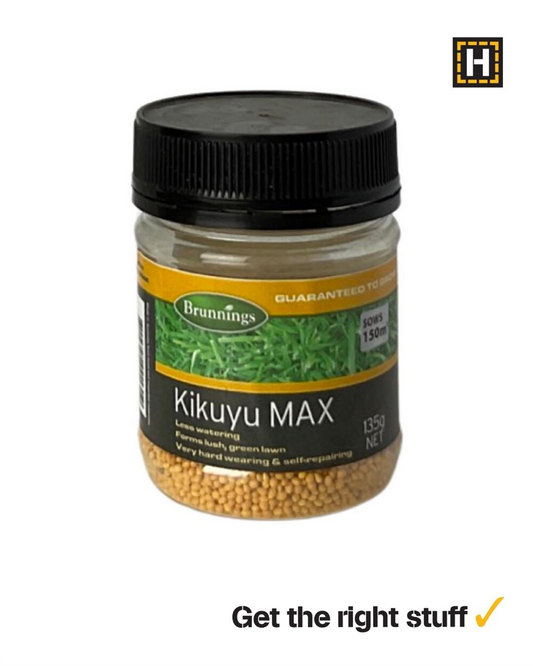The one trick that keeps pests away without chemicals
Share
The One Natural Trick That Keeps Pests Away Without Chemicals
Anyone who’s tried their hand at gardening knows the frustration of pests. You pour love, time, and effort into your plants, only to wake up and find holes in your precious leaves or sneaky critters munching away at your veggies. Chemical pesticides might seem like the easy fix, but what if there were a way to keep pests at bay without dousing your garden in harsh substances? Well, grab a cup of tea because this little secret is going to change the way you garden.
Companion Planting: Nature’s Built-In Pest Control
Say hello to companion planting! This centuries-old technique isn't just a gardening hack—it’s an art form. By strategically planting certain flowers, herbs, and veggies together, you create a natural defence system that deters unwanted pests while keeping your garden happy and thriving.
Plants That Pull Double Duty
Some plants work like tiny bodyguards, keeping their leafy mates safe from trouble. Here are a few must-have garden protectors:
- Marigolds: Their bright blooms pack a punch by repelling aphids, nematodes, and even pesky mosquitoes. Plus, they add a burst of golden sunshine to any garden bed.
- Basil: Loved by humans, loathed by flies and mosquitoes. Plant it near tomatoes to enhance their flavour and keep pests away.
- Lavender: Not just a treat for the senses, lavender keeps moths, fleas, and mosquitoes from making themselves at home in your garden.
- Chives: A great option for keeping aphids away from delicate veggies like lettuce and carrots.
- Nasturtiums: These cheerful flowers attract aphids, acting as a decoy to lure them away from your edibles.
How to Use Companion Planting in Your Garden
Now that you know which plants offer natural protection, it's time to get them working for you. The key to success is understanding which plants love being neighbours and which ones prefer some distance.
- Group compatible plants together: Tomatoes and basil make the perfect duo, while carrots love being close to chives.
- Use decoy plants: Nasturtiums can be grown near veggies to keep hungry insects distracted.
- Layer your plants: Tall plants like sunflowers can offer natural shade and protection for smaller, more delicate crops.
- Rotate your crops: Each season, switch up plant placements to prevent pests from getting too comfortable.
Bonus: Attract the Right Kind of Visitors
Not all insects are nuisances—some are your garden’s best allies. Bees, ladybirds, and praying mantises help keep pest populations in check. By planting nectar-rich flowers like alyssum and zinnias, you encourage these helpful creatures to stick around.
Enjoy a Thriving, Chemical-Free Garden
By inviting the right plants into your garden, you create a balanced ecosystem that thrives naturally. No need for toxic sprays—just smart planting and a little patience. The best part? Your garden will not only be healthier but also more vibrant and bursting with fragrance.
Ready to give companion planting a try? Head to Strathalbyn H Hardware Garden Centre to pick up everything you need to get started. Happy planting!
 Stay Connected
Stay Connected
Join our gardening community on Facebook the Urban Gardener's Notebook
And follow our Store Facebook Page: Strathalbyn H Hardware on Facebook









